Marking 20 years of luxury in Vietnam
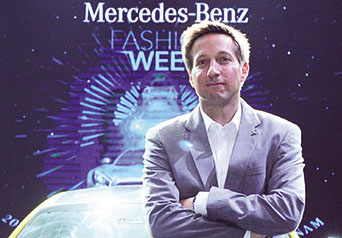
2015 marks Mercedes-Benz Vietnam’s 20th anniversary. What do you consider the company’s biggest success in the past 20 years?
For 20 years now, Mercedes-Benz Vietnam has continuously occupied a market share of above 50 per cent in the luxury segment. It has fulfilled the dreams of around 35,000 customers and become a major part of Vietnam’s auto-DNA.
The company offers the widest and youngest range in the Vietnamese luxury segment, not only suitable to both the strong, traditional customer group, but also young elite customers. With 11 outlets, Mercedes-Benz Vietnam also has the largest network of any premium car company in this country.
According to JD Power, it is the leading aftersales service provider in the market. In 2013, we established the most advanced and the most eco-friendly electro-dipping coating facility, worldwide. This technology enhanced the quality of our products and further improved our sustainable development. Vietnam is proud of being the first country outside of Germany to assemble the S-Class. This is a milestone for Mercedes-Benz Vietnam, as well as Vietnam’s automotive industry.
Mercedes-Benz Vietnam lives up to its responsibility to the Vietnamese environment and society as one of the top tax payers in Ho Chi Minh City, year-after-year. Mercedes-Benz Vietnam continues to “give back” through the charity project “A Star with Heart”, financing around 50 cases of heart surgery for children in need every year. All of Mercedes-Benz Vietnam’s activities contribute to its vision to be No.1 in customer care, quality, and innovation in the Vietnamese automotive market, with a clear focus on compliant business.

Luxury car manufacturer Mercedes-Benz looks to build upon its success of the past 20 years
by further developing its relationship and business in Vietnam
To celebrate the 20 years, Mercedes-Benz Vietnam held the first ever Mercedes-Benz fashion week in Vietnam last month. Mercedes-Benz has held the Mercedes-Benz fashion week in other countries for many years. Why is this the first time Mercedes-Benz has held its fashion week in Vietnam? How was the reaction of local customers?
Fascination is one of our brand values. Annually, we want to convey this core value to our customers via a special event. This year, as our 20th anniversary, we came up with a new concept for the event – a fashion show, titled “20 years of Cars with Stars in Vietnam”, inspired by the Mercedes-Benz Fashion Week. However, this not our first time involving in fashion. We have been a key partner of prestigious fashion shows in Vietnam, such as DMC Fashion.
The Mercedes-Benz Fashion Week 2015 was a spectacular fashion show experience for the audience. The event is a combination of Mercedes-Benz cars, fashion, and performances. Besides 20 cars designed by head of Design of Daimler AG, Gorden Wagener and his team, the show debuted three collections from the designer Le Thanh Hoa, in line with the three product pillars of the brand: tradition, innovation and the future. Customers were really excited about our event. 20 shows for the public were filled with our customers and brand enthusiasts. Our line-up was also attractive to them, which shows clearly in the success of event sales, with numbers reaching into the three-digits.
And on this occasion, MBV introduced the V-class to Vietnamese customers. How do you expect the V-class is going to do in Vietnam in terms of sales?
The multi-purpose vehicle (MPV) is really suitable for Vietnamese families due to its flexibility and large space. So, “premium” families need a premium MPV. That’s why we pioneered the penetration of the premium MPV segment. The V-Class attracts families who need a spacious interior for their hobbies and sports activities. In addition, it is ideally suited for business solutions, like hotel shuttles and small and medium sized enterprise chauffeurs. We expect the V-Class can reach a three-digit sales number in the first year.
How about the country’s demand for Mercedes-Benz’s ultra-luxury cars in the near future?
The demand for ultra-luxury cars is really high in Vietnam. Vietnamese are successful at a very young age compared to other countries, and they require appropriate transportation that reflects their status and fulfills their demand for safety and comfort. The Mercedes-Benz flag-ship models, like the Mercedes-Maybach S600, are the best choice for those customers. With the Mercedes-Maybach S600, our main target is not maximising sales. It is about customer satisfaction and exclusivity. Our ultimate goal is that all of our Mercedes-Maybach S600 customers will be 100 per cent satisfied with our car consultation and the service provided during and after the purchase.
Many Vietnamese people who can afford luxury cars often prefer them imported. Mercedes-Benz is the only luxury car maker to have an assembling factory in Vietnam. What are the advantages this has brought to the company? What are the disadvantages?
We don’t think that people who buy luxury cars just prefer them imported. We have been the market leader of the premium segment for 20 years in a row and completely knocked down (CKD) vehicles account for 70 – 80 per cent of our total sales.
As the only premium car maker to assemble vehicles in Vietnam, we benefit from preferential investment policies by the Vietnamese government, take advantage of the local resources, meet the market demand immediately, and customise our products to match consumer tastes. On the other hand, we also offer jobs for local workers and contribute to the state budget. In 2014, we were among the top 20 tax payers of Ho Chi Minh City.
We don’t think that we are facing disadvantages, but certain points need to be improved. We need more stable policies, a competent supporting industry, and a faster homologation process.
As the Asean Economic Community will be established at the end of this year, bringing with it a decrease in import tariff on cars, foreign car producers are considering closing their Vietnamese assembling factories. What do you think of this trend?
We are not in the shoes of another manufacturer, so it’s difficult to have an exact comment. With large investments so far, auto manufacturers definitely try the best to maintain business operation and develop market share in Vietnam. However, it is highly dependent on the relevant supporting policies from the government. It’s impossible to assemble vehicles without any advantage in comparison to importing them. Also, we would appreciate it if there was a clear roadmap for the coming years.
As an iconic German investment in Vietnam, how do you think Mercedes-Benz’s operation in Vietnam contributes to the relationship between the two countries?
First of all, we increase the investment and the presence of Germany in Vietnam. We have brought the top technologies to Vietnam to assemble the best cars in the world in the last 20 years. We also built a good brand awareness for Mercedes-Benz – a 129-year old German brand. We have contributed to the development of the economy in Vietnam by selling cars, outsourcing products and services for local suppliers, offering jobs for local workers and paying taxes. We are a key member of the German Business Association in Vietnam with many constructive activities to support the business of German enterprises here.
Mercedes-Benz Vietnam also contributes to the development of cultural and art activities in Vietnam. Mercedes-Benz has been a partner in DMC fashion shows, CUC gallery and ViveKKevin exhibitions, Vietnam National Mercedes-Benz David Cup team, and many famous locally-produced movies. Last year, we joined the German Cultural Goethe Institute to organise the Science Film Festival in Vietnam to offer helpful science demonstrations to young generations.
What the stars mean:
★ Poor ★ ★ Promising ★★★ Good ★★★★ Very good ★★★★★ Exceptional
 Tag:
Tag:
Related Contents
Latest News
More News
- Negotiations over payment agreement for LNG power stuck in deadlock (April 23, 2024 | 18:02)
- Masan completes $250-million equity raise from Bain Capital (April 23, 2024 | 17:37)
- Amata City Ha Long marks six years of development (April 23, 2024 | 17:00)
- Taiwan's Giant Group to build $120 million bicycle factory in Binh Duong (April 23, 2024 | 15:02)
- Nvidia delegation to explore opportunities in Vietnam (April 23, 2024 | 08:30)
- China's BOE builds $275 million electronics factory in Ba Ria-Vung Tau (April 22, 2024 | 10:44)
- Suntory PepsiCo breaks ground on its largest Asia-Pacific plant in Vietnam (April 22, 2024 | 08:53)
- New Hope ceases Binh Dinh pig-breeding project (April 19, 2024 | 18:34)
- Localities get ready for fourth FDI boom (April 19, 2024 | 16:41)
- Japanese retailer Takashimaya to advance project in Hanoi (April 19, 2024 | 11:31)

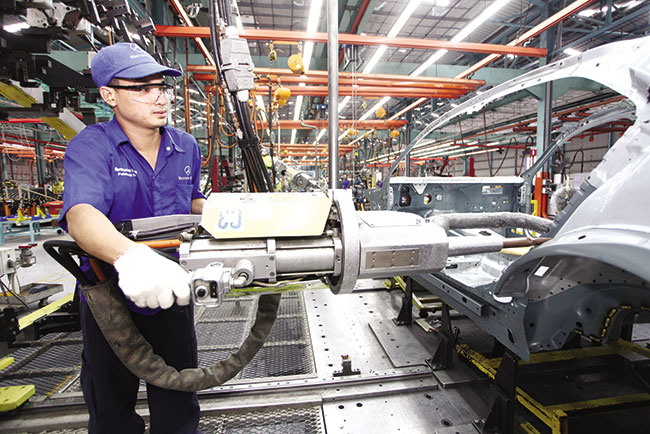
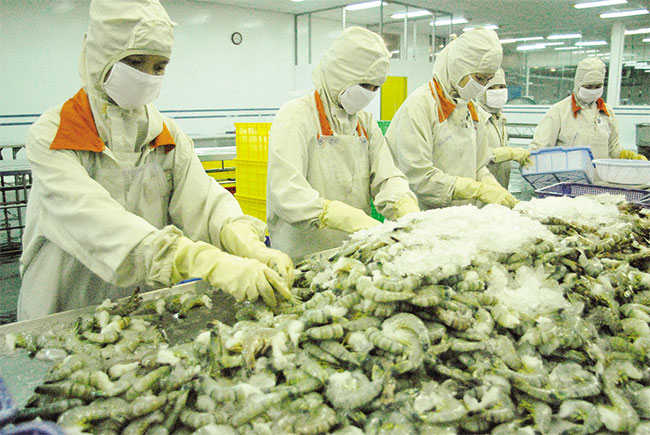
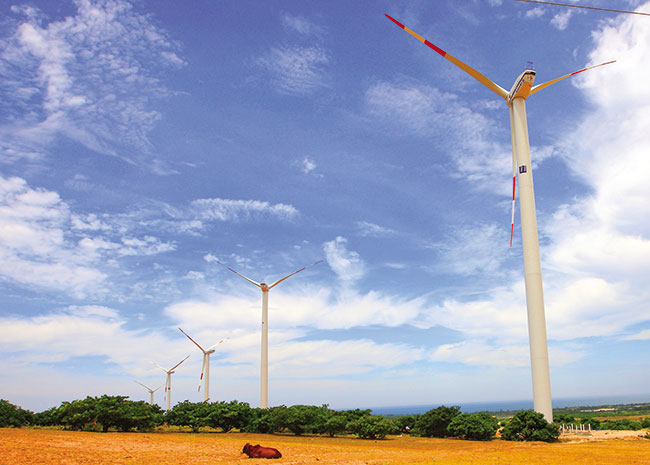

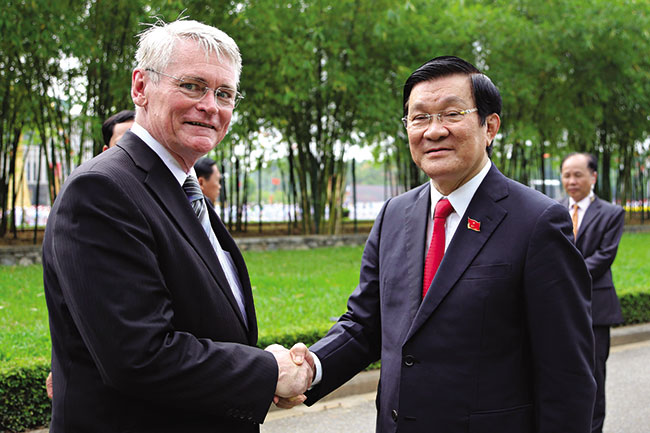
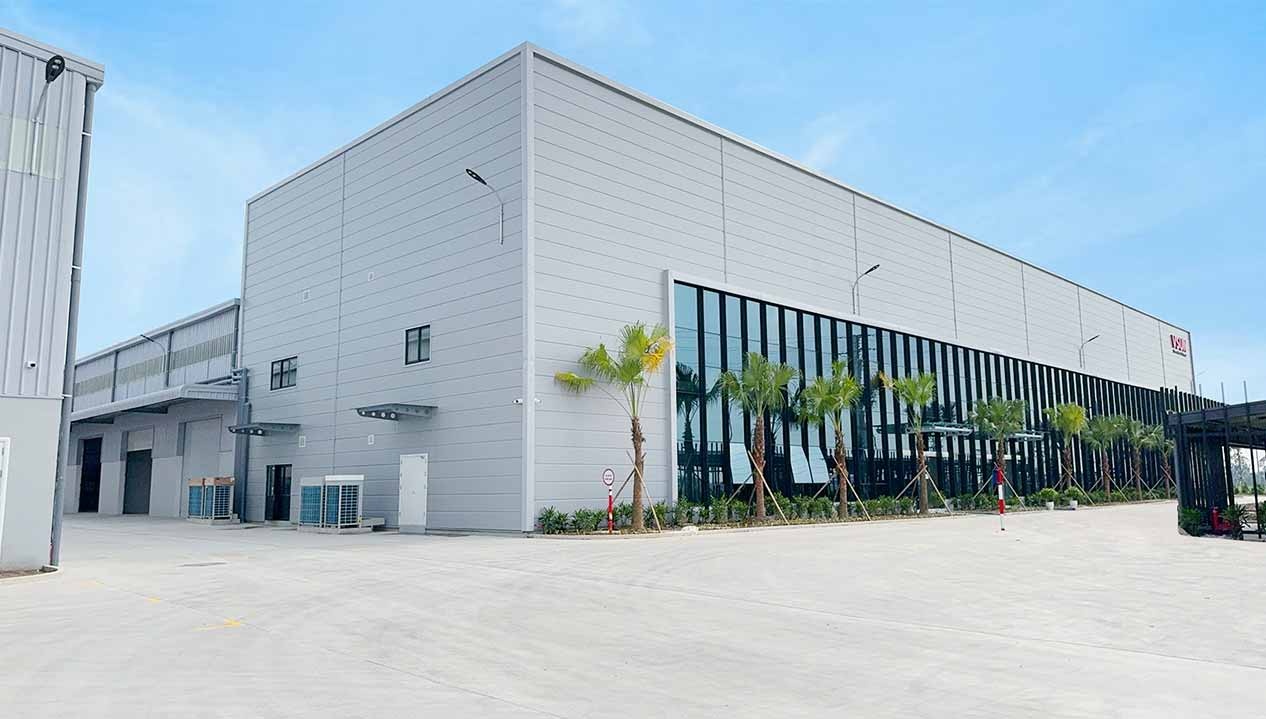
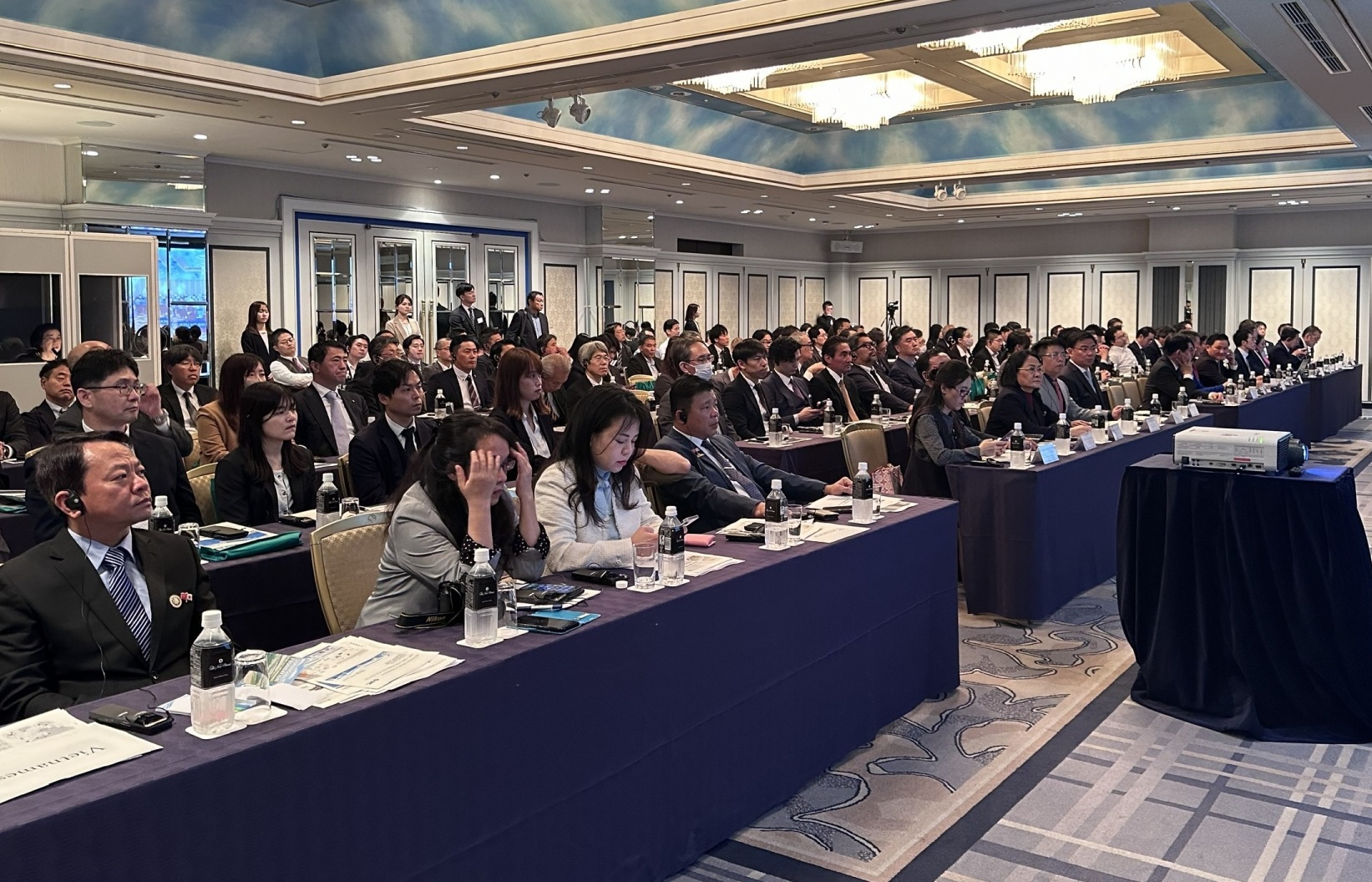
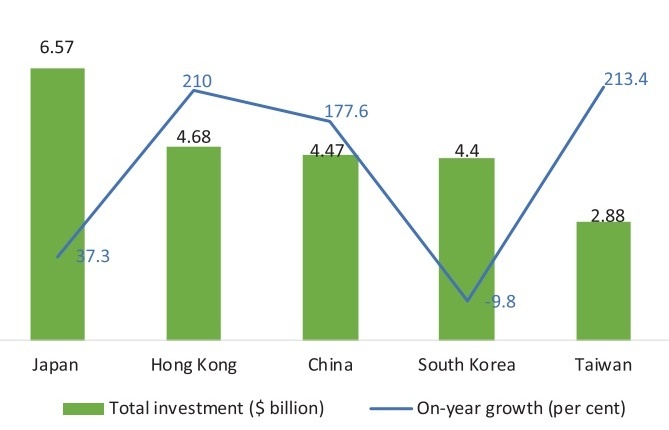
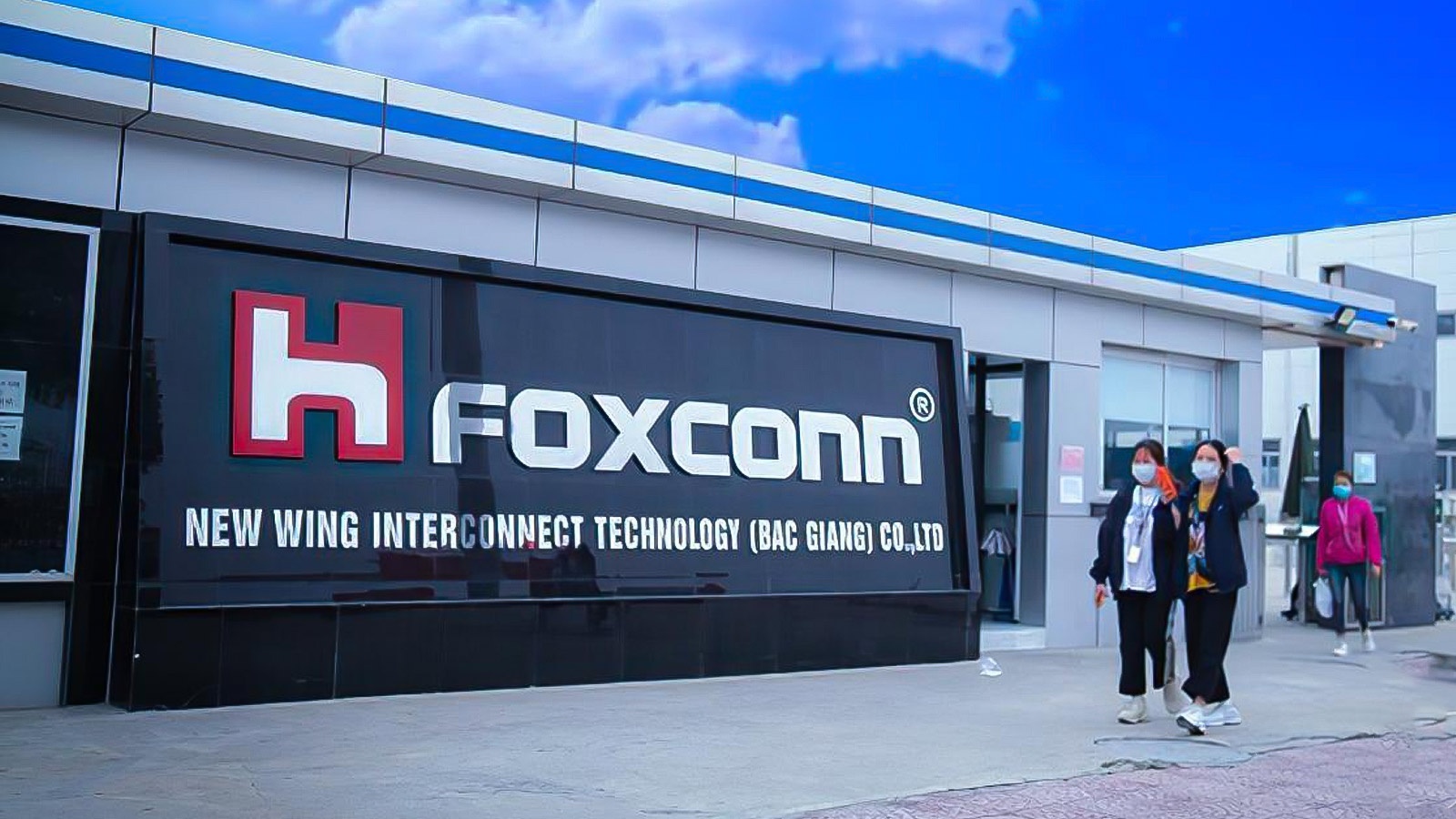
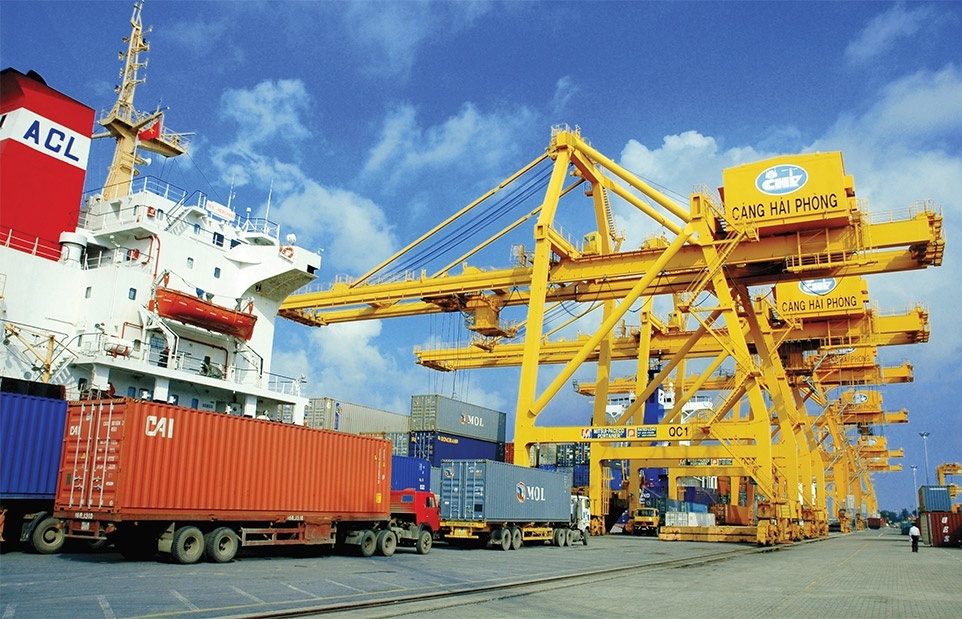
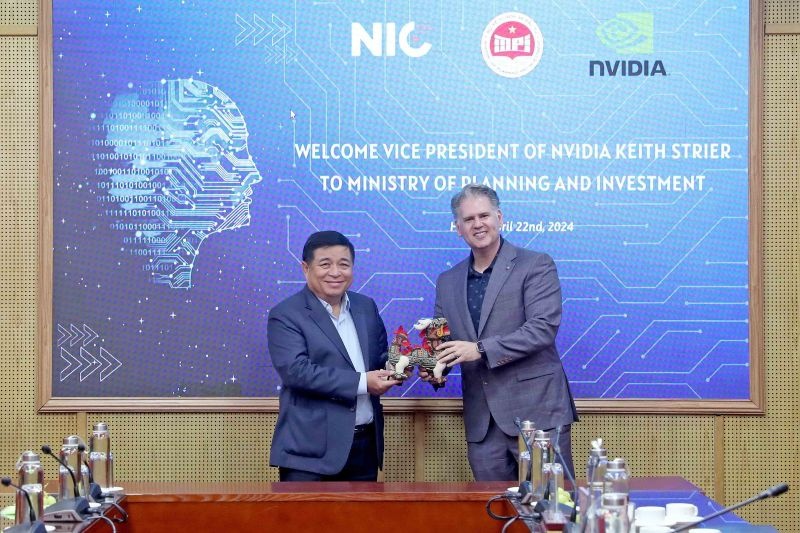


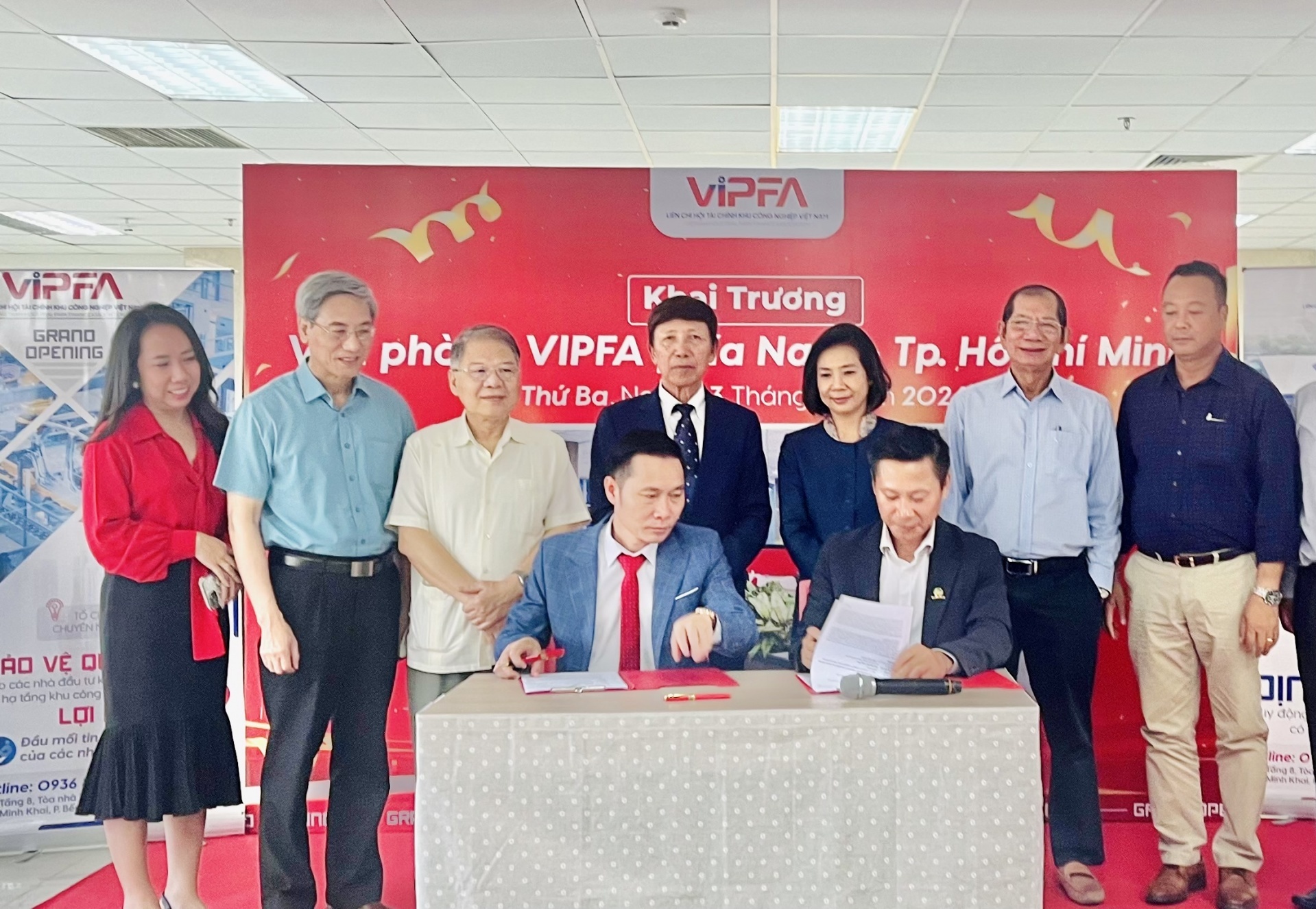

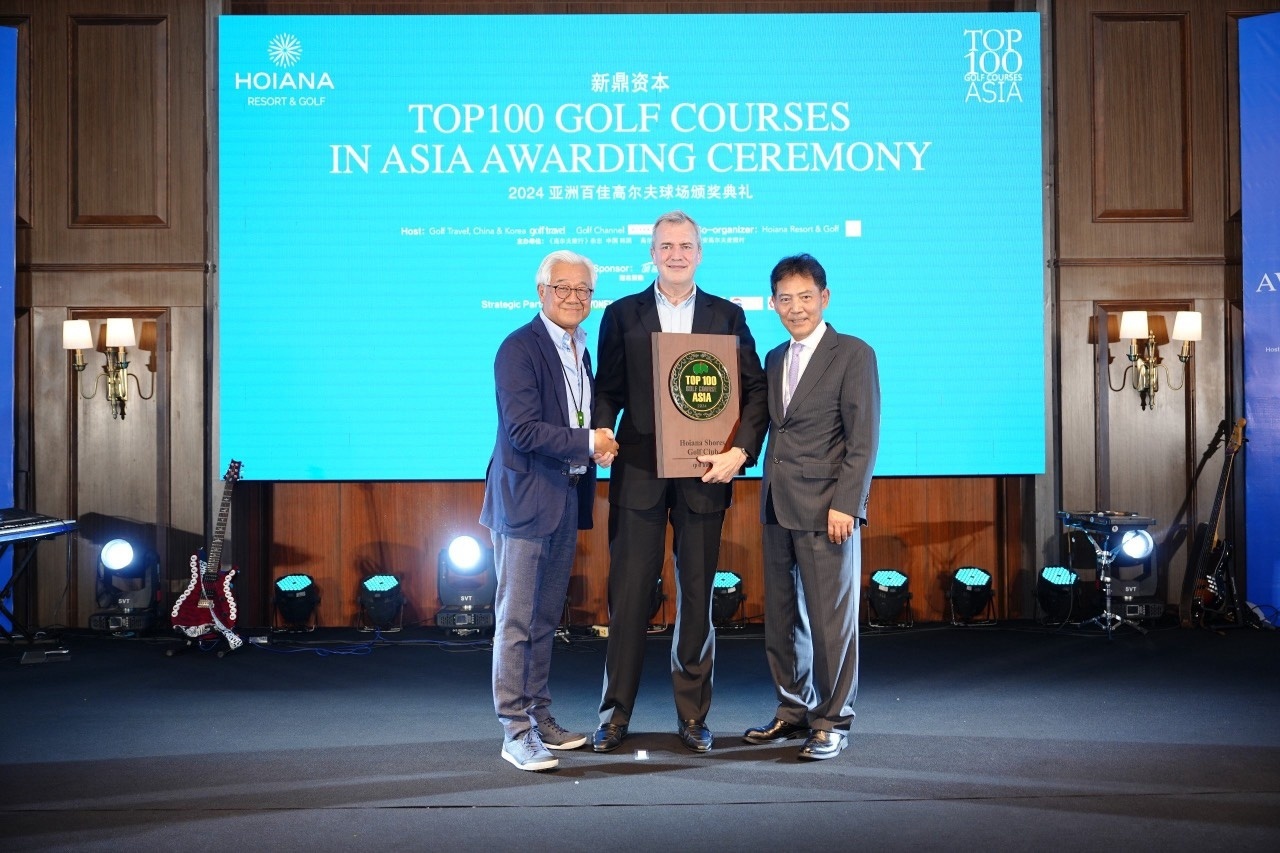
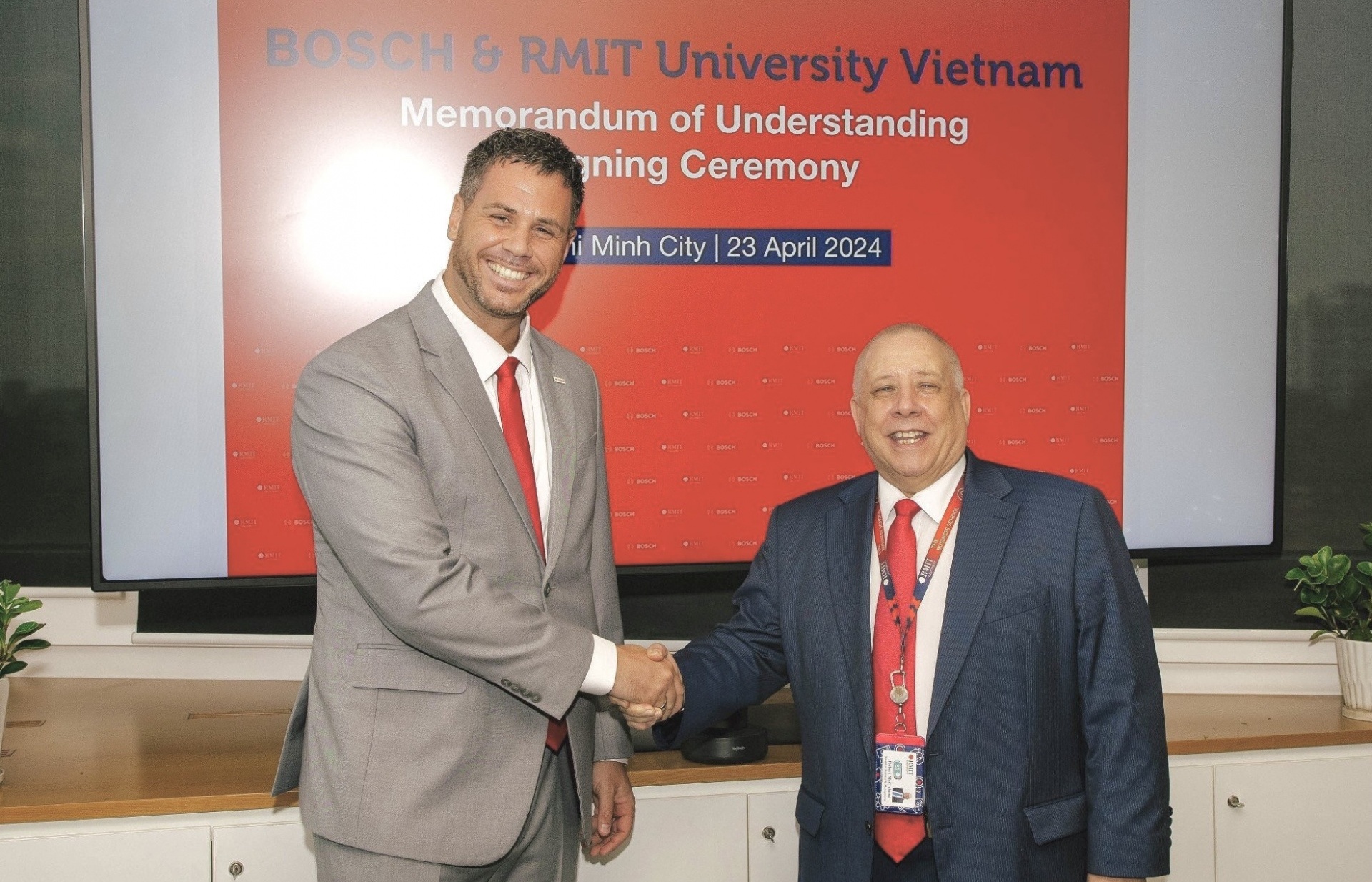



 Mobile Version
Mobile Version